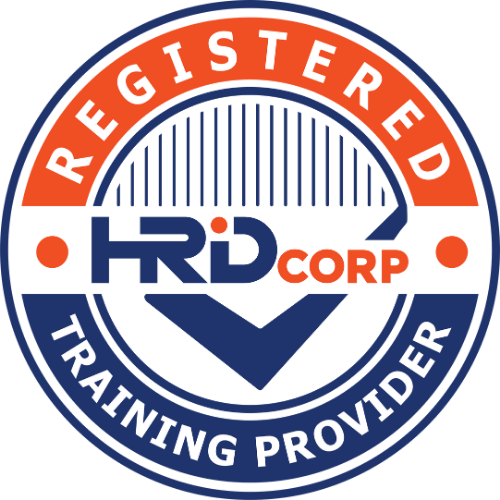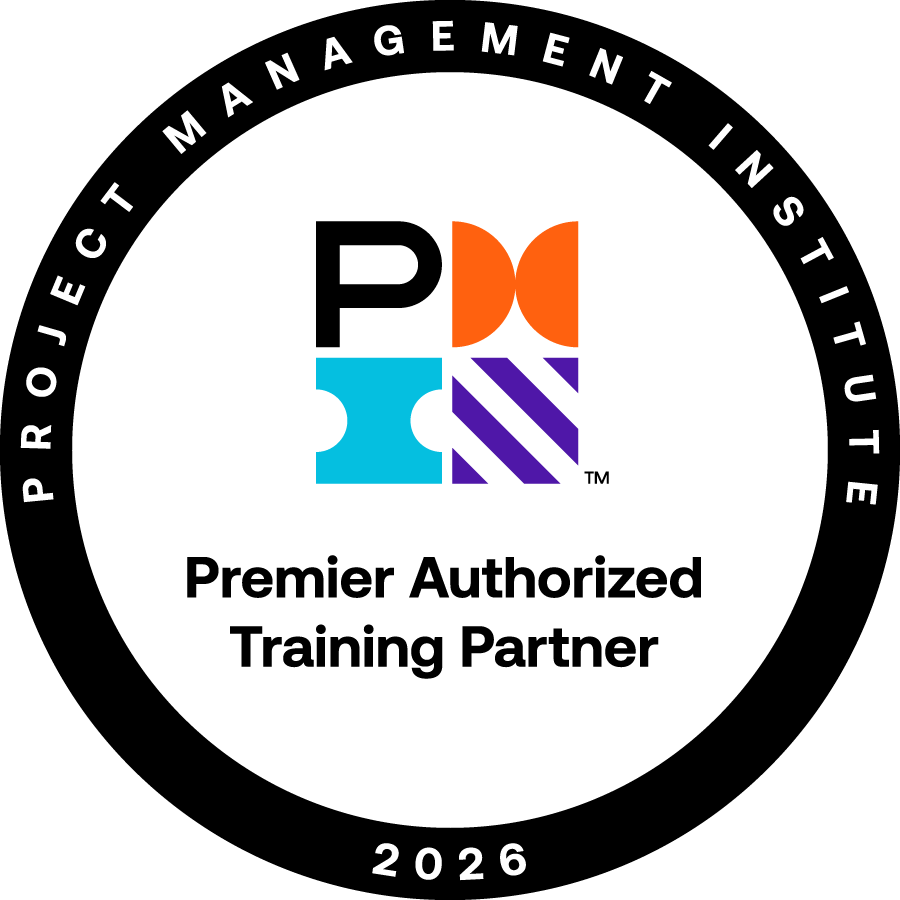The Certification Crossroads: PMP® vs PRINCE2 vs Agile
—Strategically Positioning Yourself in the 2025 Malaysian Project Economy

Introduction: The Modern Project Management Spectrum
The landscape of project management has undergone a profound transformation. Gone are the days of a one-size-fits-all approach. Today, especially within dynamic and rapidly developing economies like Malaysia, success hinges on a project leader's ability to navigate a spectrum of methodologies. Modern projects demand versatility, strategic thinking, and the capacity to blend structured planning with adaptive execution. For professionals seeking to validate their expertise and advance their careers, choosing the right certification is a critical strategic decision. Three certification families dominate this landscape: the Project Management Professional (PMP®) as a comprehensive, knowledge-based standard; PRINCE2 (Projects IN Controlled Environments) as a structured, process-based framework; and Agile certifications as a toolkit for iterative development and speed. This analysis provides a decision-making framework for Malaysian professionals, comparing these pathways and grounding the verdict in the realities of the local job market.
PMP® (Project Management Professional): The Global Gold Standard for Integrated Leadership
The PMP® certification, offered by the Project Management Institute (PMI), is widely regarded as the global benchmark for project management excellence. Its core philosophy is rooted in the Project Management Body of Knowledge (PMBOK®) Guide, but it focuses on the universal principles and broad knowledge areas of the profession rather than prescribing a single, rigid process. It is designed to demonstrate a high level of expertise across the entire project lifecycle, from planning and initiation to execution and closure.

PRINCE2 (Projects IN Controlled Environments): The Framework for Process, Governance, and Control
PRINCE2, a credential from AXELOS, offers a different approach. It is a highly structured, process-based framework that emphasizes governance, control, and the clear definition of roles and responsibilities. Its key strengths lie in its scalability and adaptability; the framework can be tailored to projects of varying sizes and complexities, though it operates within a more defined and prescriptive structure than PMP®.

Agile Certifications (e.g., PMI-ACP®, SMC®): The Toolkit for Adaptability and Speed
Agile is less a single methodology and more a philosophy or mindset centered on iterative development, continuous learning, customer collaboration, and rapid value delivery. Agile certifications, such as the PMI Agile Certified Practitioner (PMI-ACP®) or Scrum Master Certification (SMC®), validate a professional's expertise in specific frameworks like Scrum, Kanban, Lean, and Extreme Programming (XP).

The Strategic Verdict for the Malaysian Professional

Strategic Certification Comparison for the Malaysian Professional (2025)
Feature | PMP® | PRINCE2 | Agile Certifications |
|---|---|---|---|
Core Focus | A comprehensive, knowledge-based standard covering principles and practices of project management. | A structured, process-based framework emphasizing governance, control, and defined roles. | A mindset and toolkit for iterative development, adaptability, and rapid value delivery. |
Methodology Scope | Broad: Covers predictive, agile, and hybrid approaches. Approx. 50% of the exam is agile/hybrid. | Primarily predictive (structured), though can be tailored. PRINCE2 Agile integrates agile concepts. | Narrow and deep: Focuses specifically on agile frameworks like Scrum, Kanban, Lean, etc. |
Global vs. Regional Strength | High global recognition, especially strong in North America and Asia. | Globally recognized, but with highest adoption in the UK, Europe, and government sectors. | Growing global recognition, but highly dependent on industry (strongest in IT/software). |
Ideal Candidate Profile | Experienced project leaders (3-5 years) seeking a globally recognized, comprehensive credential. | Professionals at all levels, including those new to project management, often in process-driven environments. | Professionals in fast-paced, dynamic industries (IT, R&D, marketing) requiring flexibility and speed. |
Evidence in Malaysian Job Market | High demand. Frequently listed as a requirement or advantage, often alongside other certifications, indicating its role as a foundational standard. | Moderate demand. Often listed as an alternative to PMP®, particularly for roles with European ties or in structured environments. | High demand, especially in the ICT sector. Often listed alongside PMP®/PRINCE2, signifying the need for hybrid skills. |






